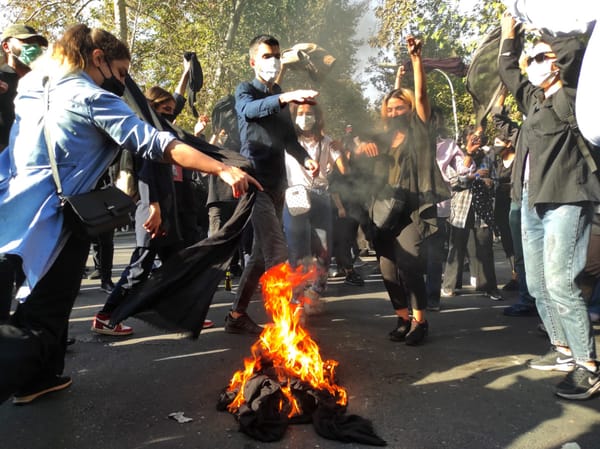An Anthem from the Iranian Protests
On September 27, 2022, Iranian musician Shervin Hajipour posted a song to his instagram compiled of tweets from Iranians detailing the reasons they are protesting. The song quickly went viral across social media. Within days of the video’s release, Shervin Hajipour had been arrested, and the origina







